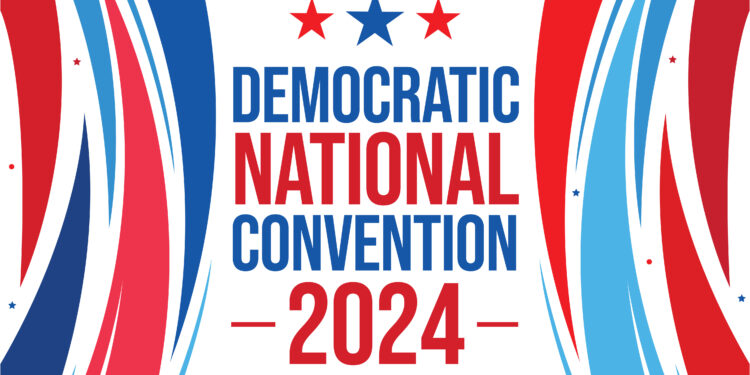On Thursday, August 22nd, tensions escalated at the Democratic National Convention in Chicago as uncommitted delegates staged a sit-in protest following the denial of their request for a Palestinian American speaker on the main stage. The delegates, part of the Uncommitted National Movement, which emerged in Michigan, have been advocating for an end to the ongoing war in Gaza and were pushing for greater representation of Palestinian voices at the convention.
The conflict began when the Democratic National Committee (DNC) rejected the delegates’ request for Dr. Tanya Haj-Hassan, a doctor who worked in Gaza or another Palestinian American, to speak at the convention. This denial came despite the fact that the family of an Israeli-American hostage had been given a platform to share their story. The delegates, who represent anti-war protest votes from the primary season, were hoping to use the convention to draw attention to the humanitarian crisis in Gaza.
Abbas Alawieh, a Michigan delegate and leader of the Uncommitted National Movement, expressed his frustration with the DNC’s decision, stating that the group had been willing to cooperate with organizers to select a mutually acceptable speaker. The rejection led to an impromptu sit-in outside the convention hall, where delegates remained after the evening’s program ended.
The protest garnered support from several prominent figures, including Representatives Ilhan Omar and Alexandria Ocasio-Cortez. Omar joined the protesters in person, while Ocasio-Cortez called in via FaceTime, both expressing that Palestinian voices deserve to be heard on the main stage.
Despite the support, the DNC offered the group a panel discussion on the sidelines of the convention instead of a main-stage slot. The decision has fueled criticism, with some, including Representative Rashida Tlaib, accusing the DNC of creating a hierarchy of human values by prioritizing Israeli voices over Palestinian ones.
As the convention continued, the Uncommitted delegates remained determined to have their message heard, even as they faced an uphill battle against the established party leadership. Their protest highlights ongoing divisions within the Democratic Party over its stance on the Israel-Palestine conflict, a debate that is unlikely to be resolved soon.










